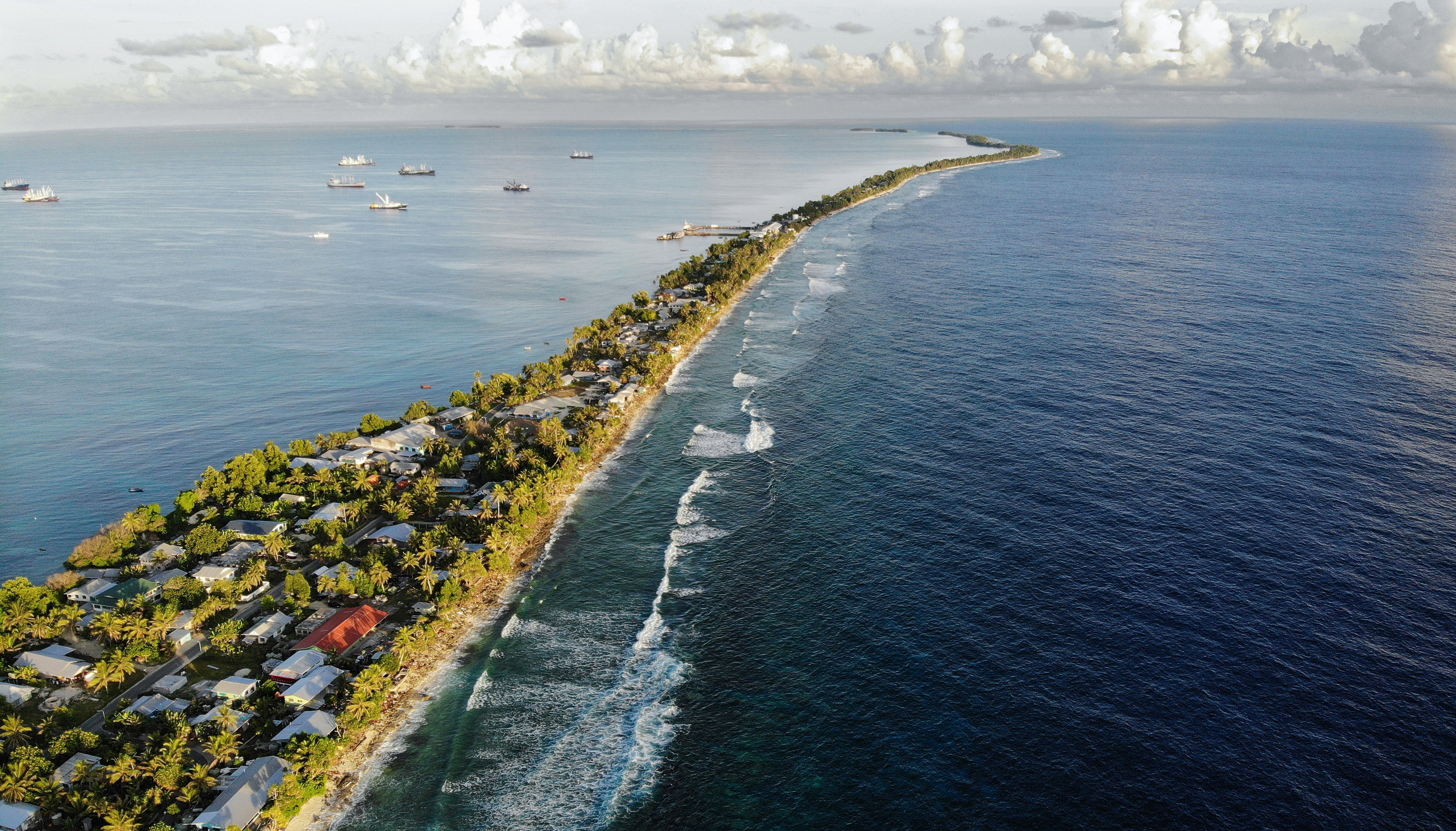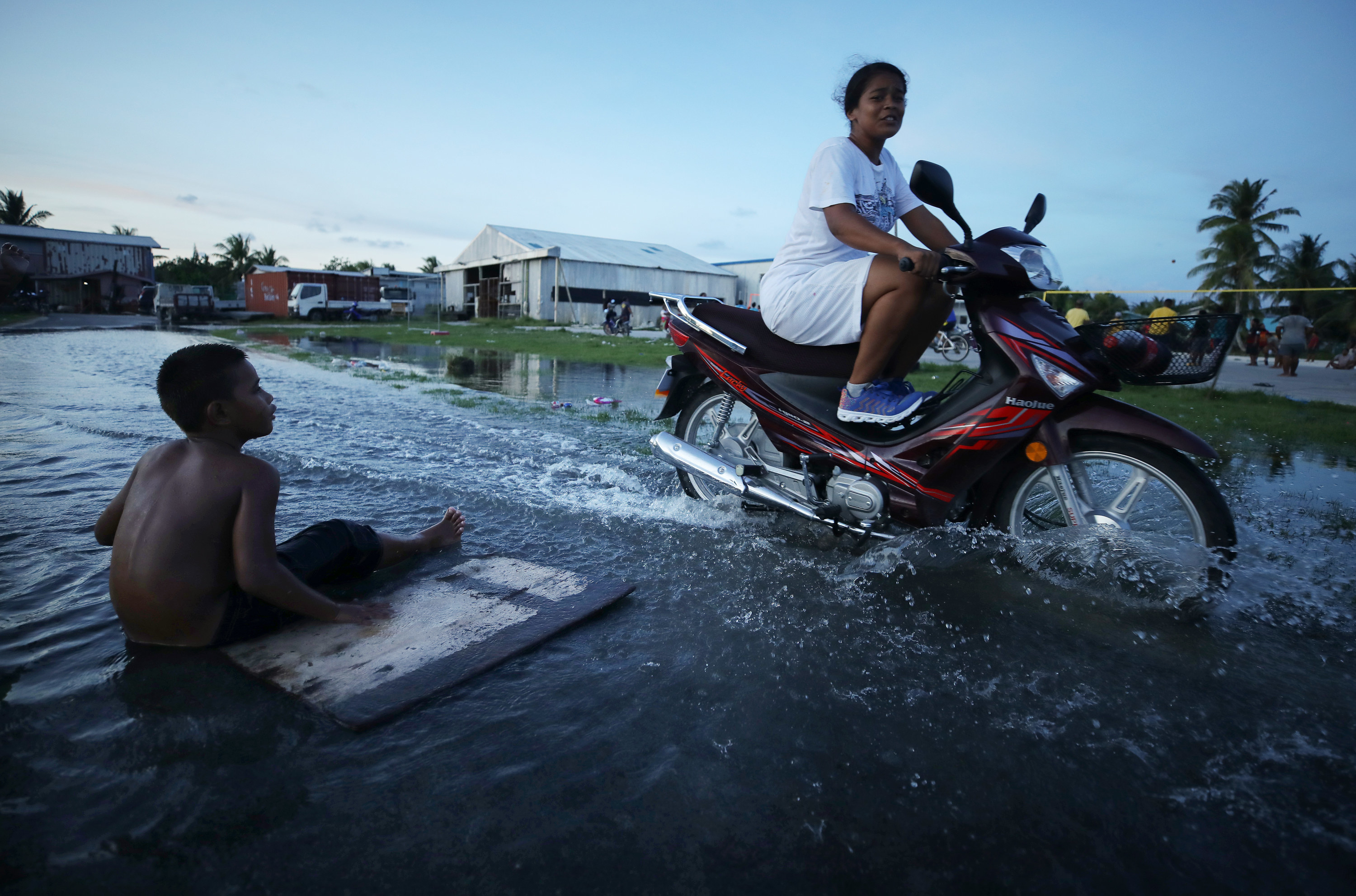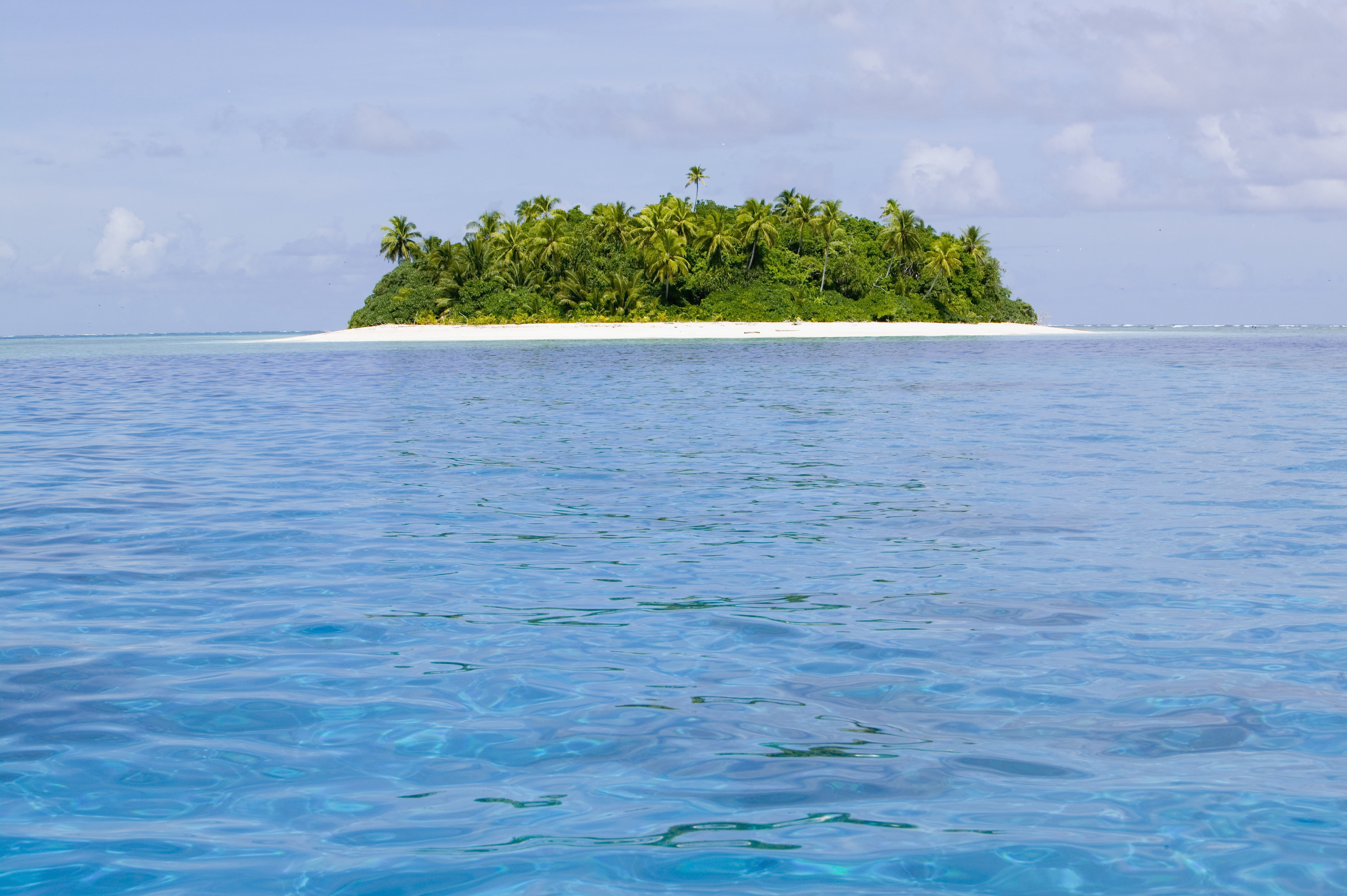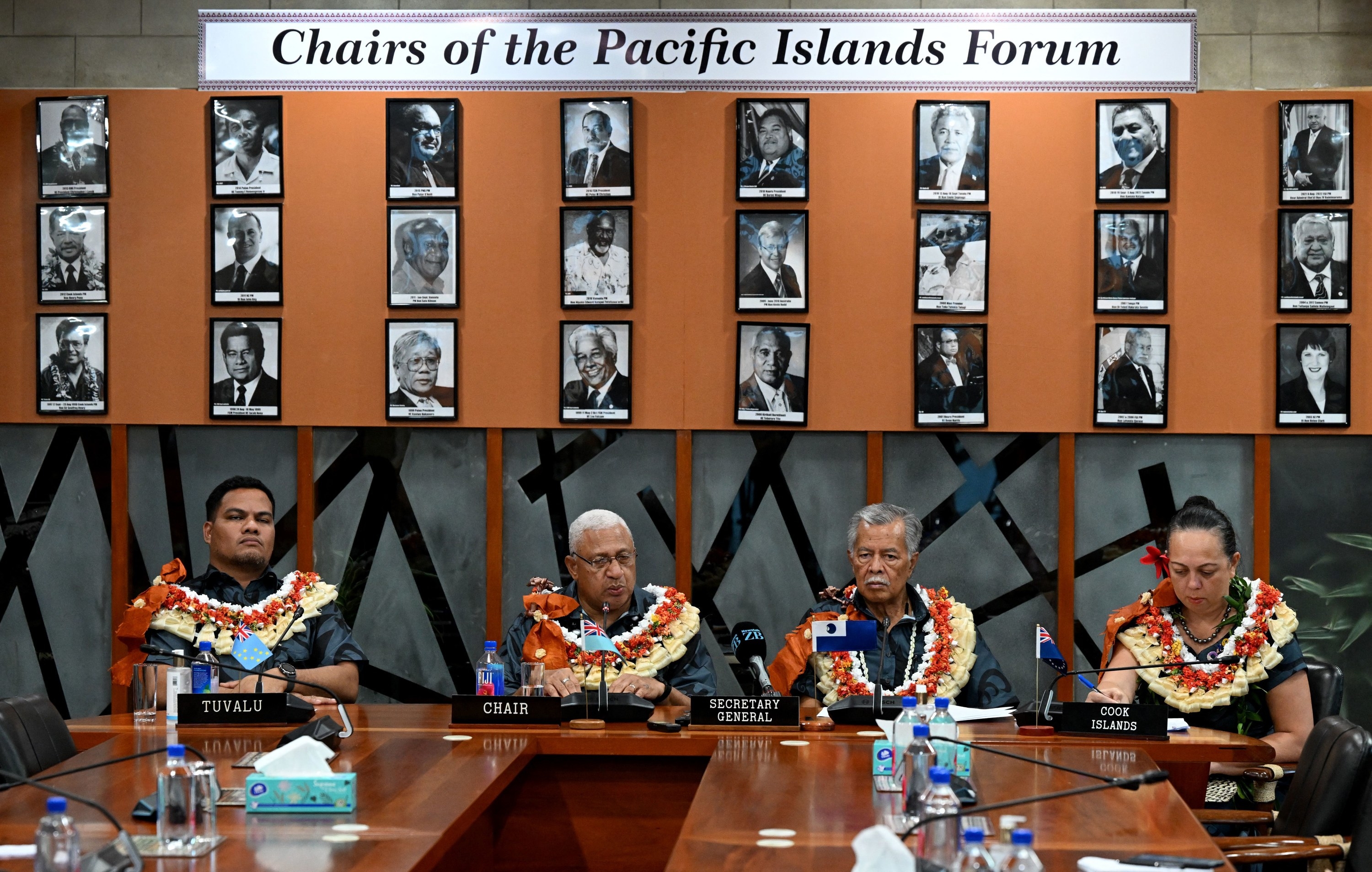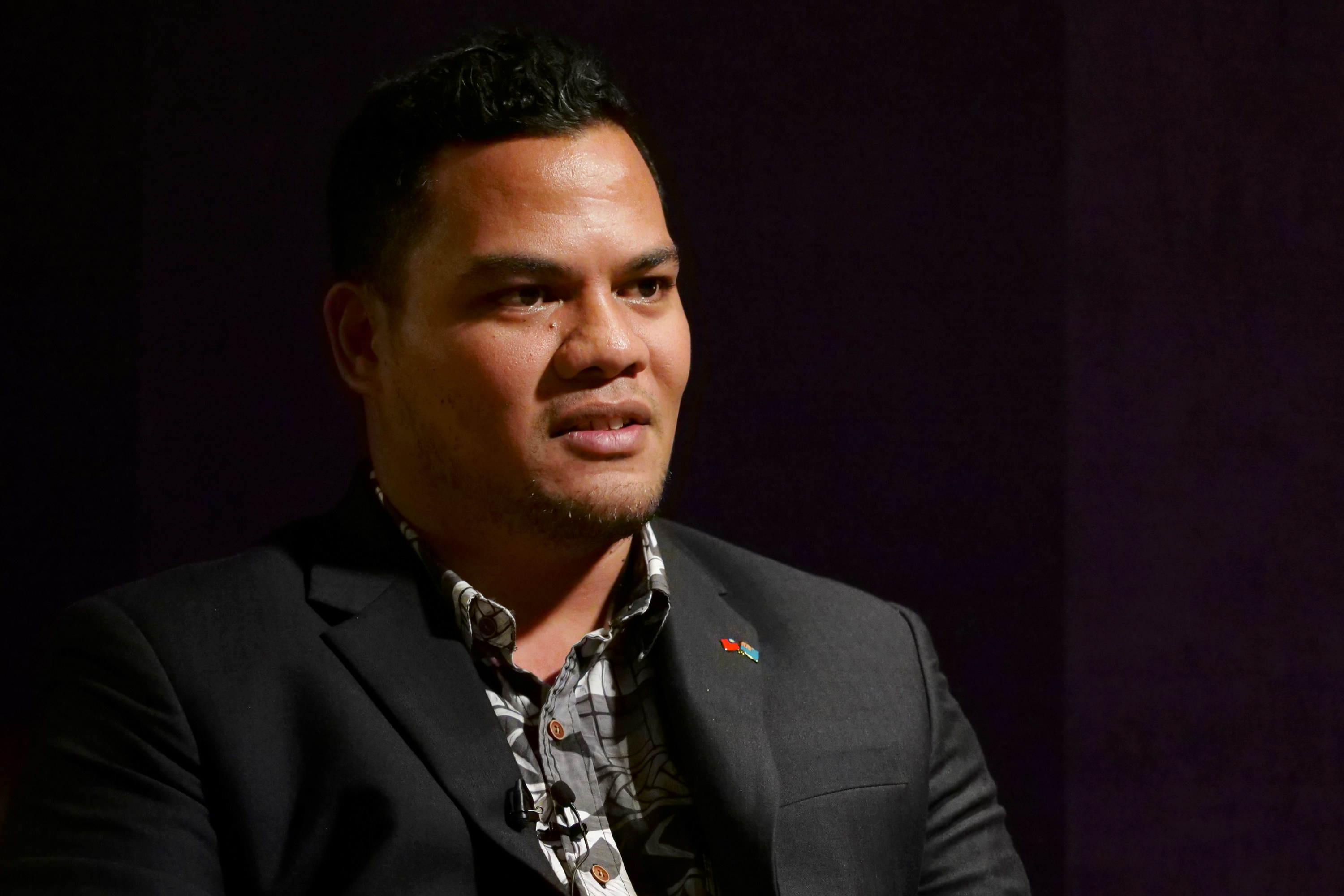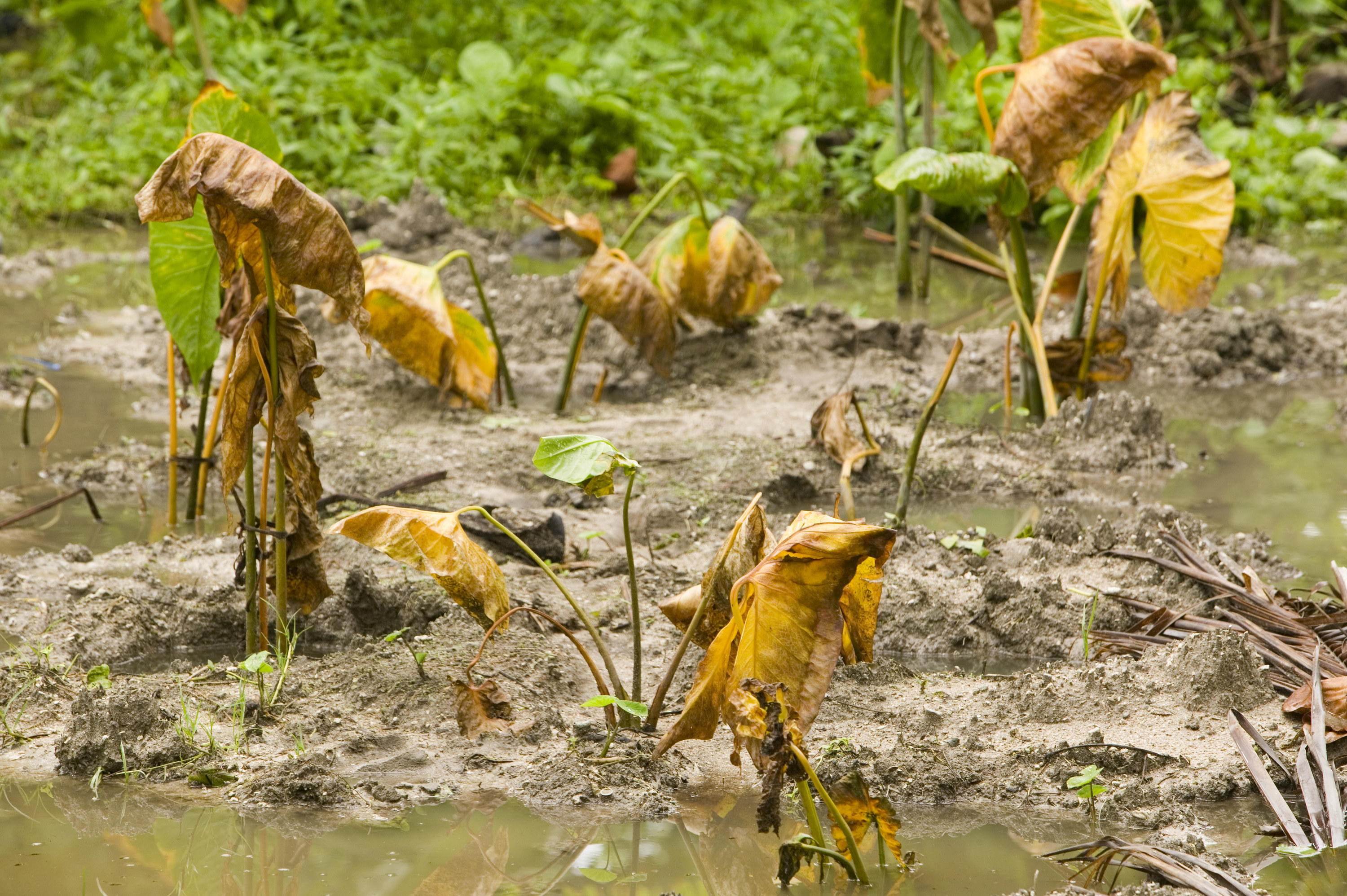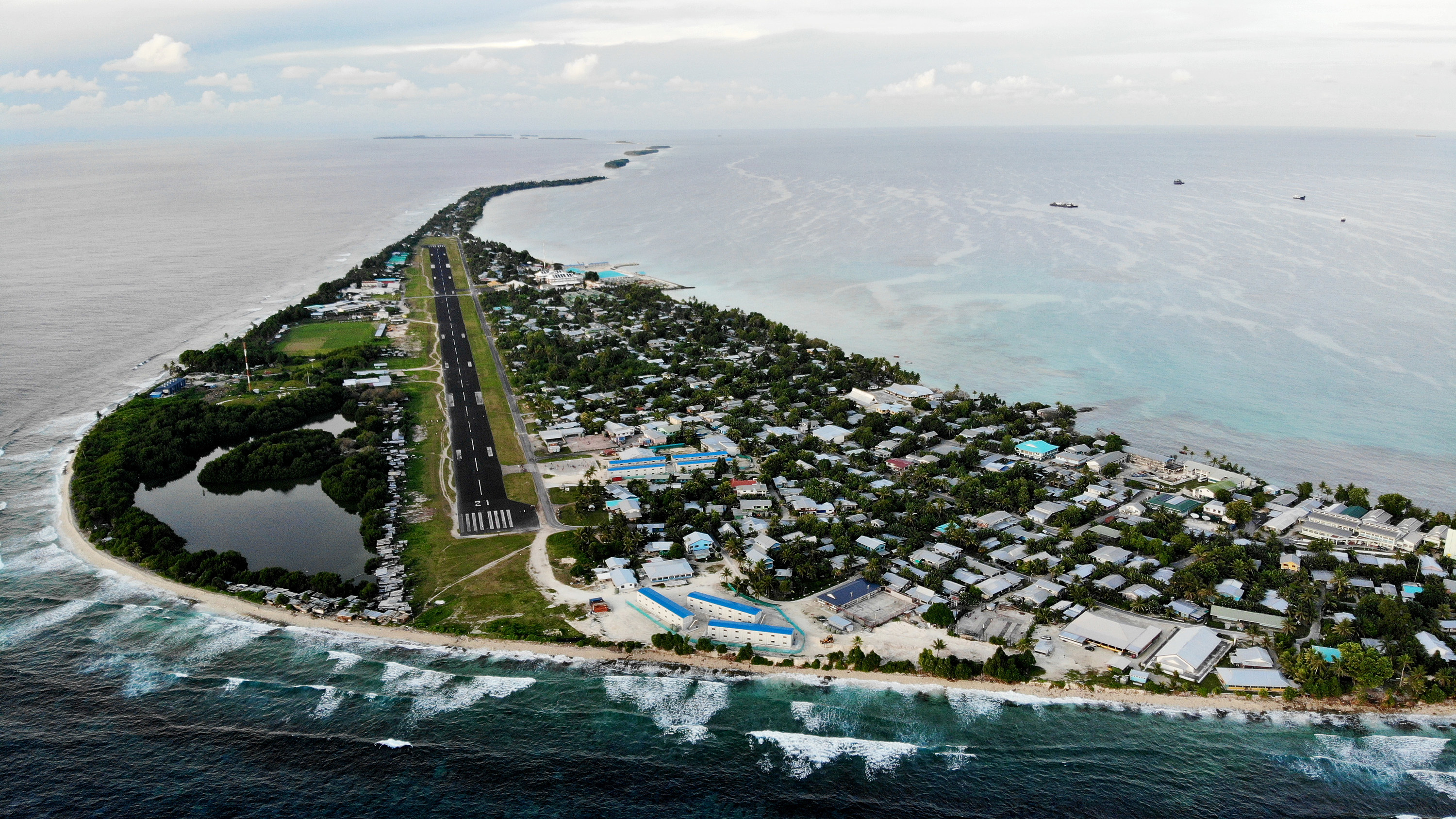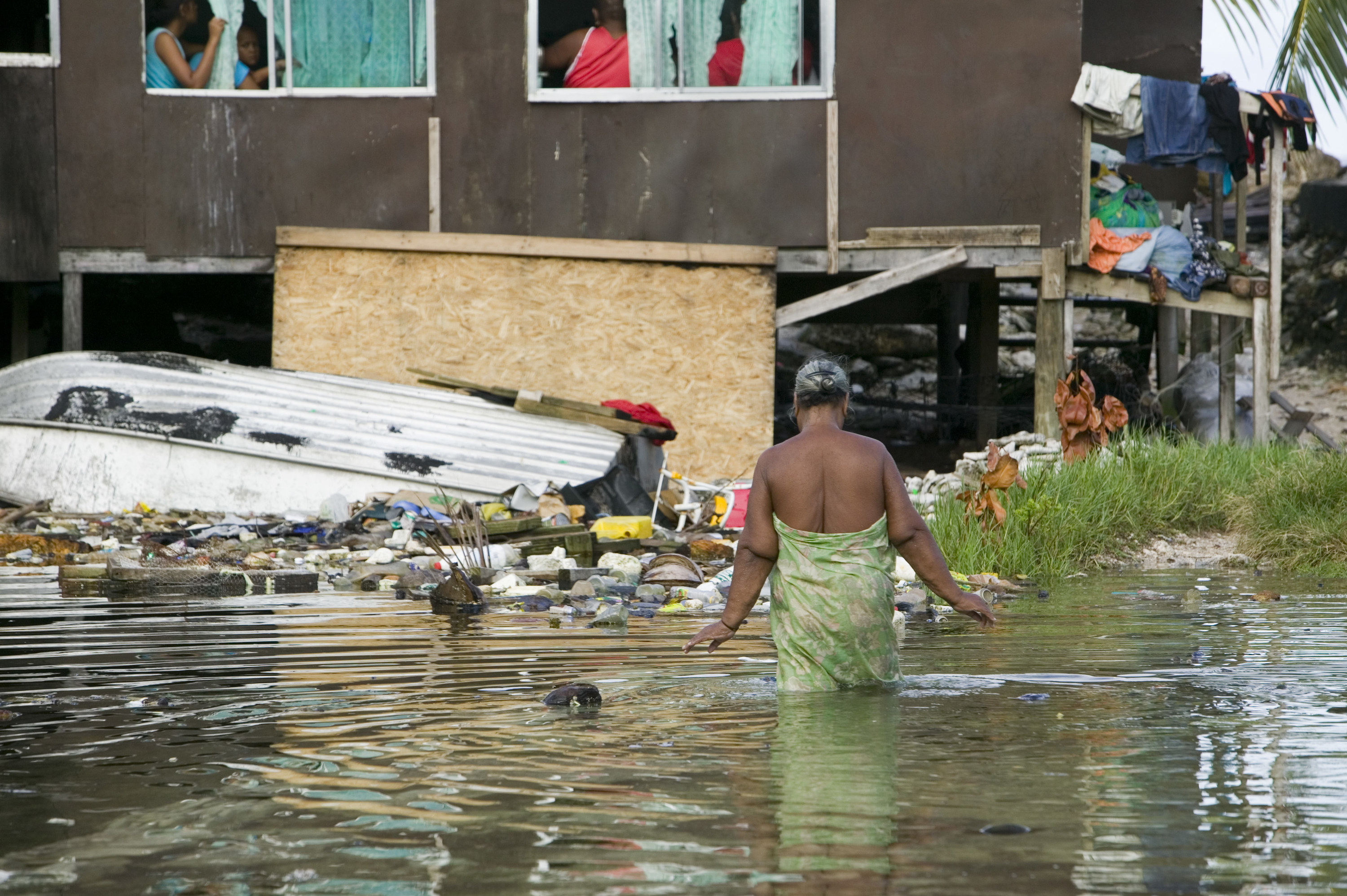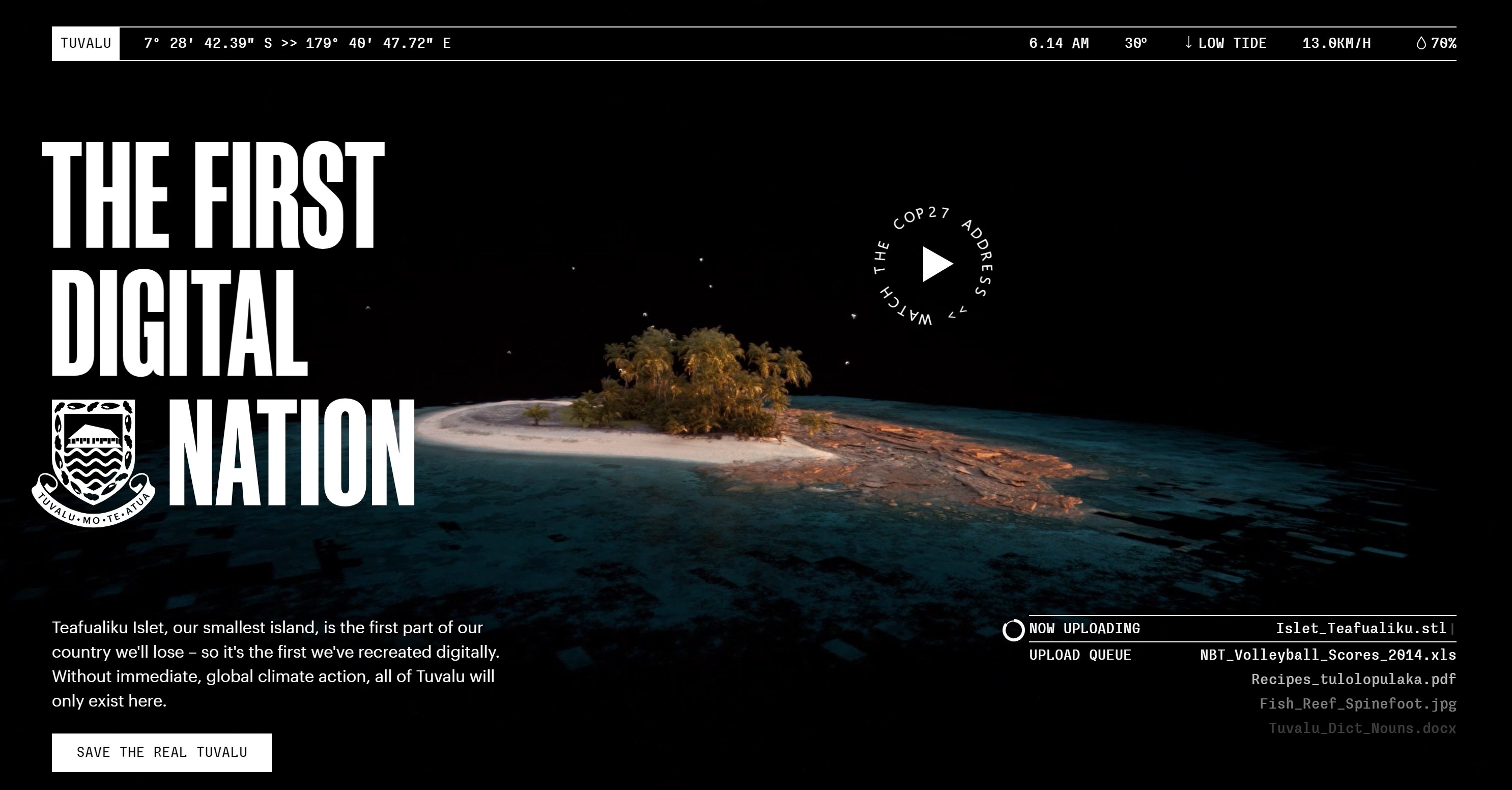He then explained that the government hopes the digitization of Tuvalu, which falls under the third initiative, will enable the state to function even without a physical space. “Our governance and administrative systems are operating from cyberspace,” Kofe said. “Our cultural knowledge, our history, all those things are digitized, fixed from cyberspace.” And though the first initiative targets world leaders, the fourth initiative hopes to rally people to pressure their governments to take stronger climate action. “We feel that efforts have been always towards the leaders that make policy decisions, but…the power is with the people,” Kofe said. The risk of ciguatera fish poisoning in Tuvalu has increased too, as fish ingest micro-algae expelled by bleached coral (coral bleaching happens when the water temperature is too warm, causing the coral to expel algae from their tissues and turn completely white). In 2019, the Guardian reported that about 10 Tuvaluans present with ciguatera fish poisoning per week. The nation’s lack of resources further limit education and employment prospects, causing many young Tuvaluans (who can afford to) to study abroad in Fiji, Australia, or New Zealand. According to a 2018 census, more than 4,600 Tuvaluans live in New Zealand, a significant number considering Tuvalu’s population of 11,925 people.
